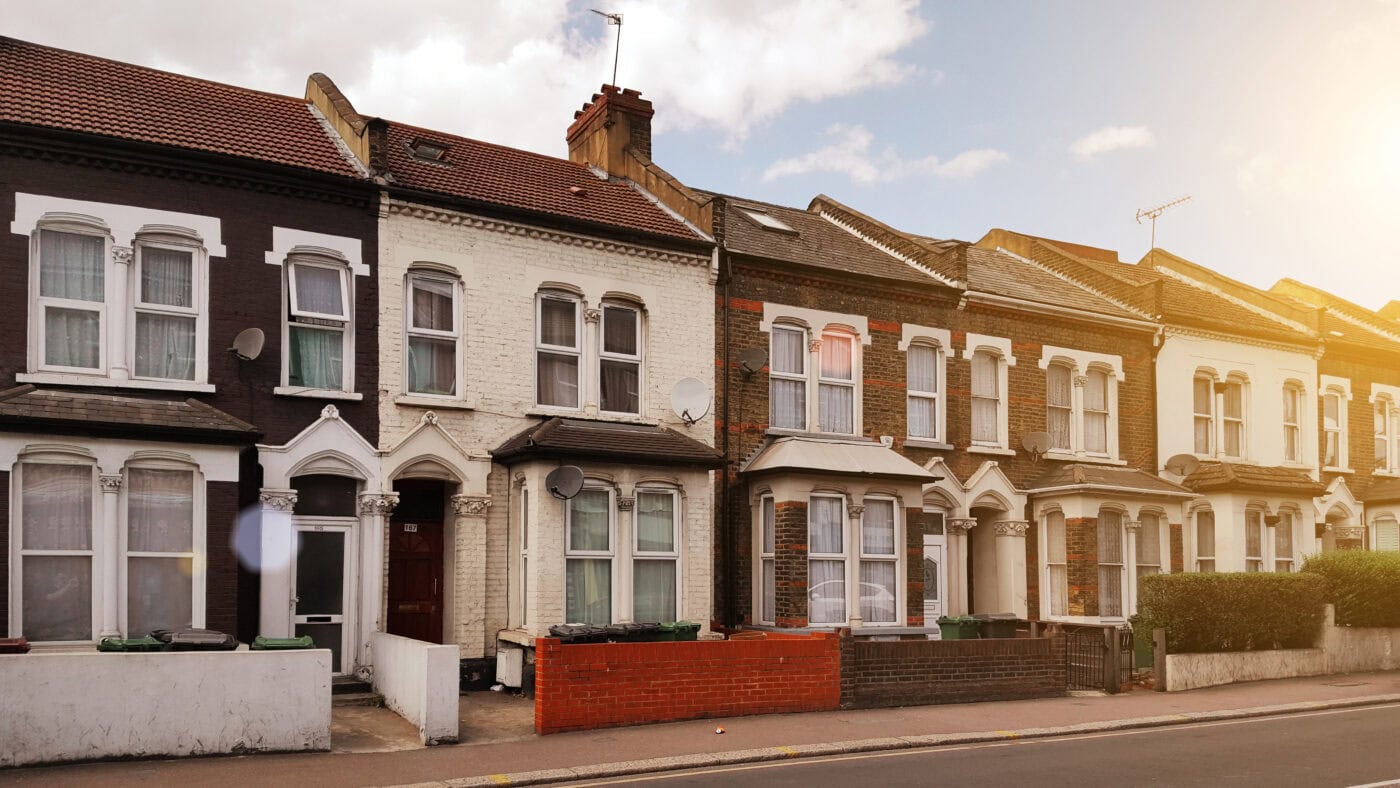There are few taxes more damaging than those levied against aspiration. Stamp duty is such a tax. By placing extra financial burdens on those seeking to buy a property, especially during an acute housing crisis, we’re pushing the goal of home-ownership just that extra bit further out of reach.
It’s encouraging to see members of HM’s Opposition recognising this. James Cleverly, one of the contenders for the Conservative leadership, has pledged to ‘root out bad taxes and avoid perverse effects on markets’ – starting with stamp duty.
But what are these adverse effects, you may ask? Firstly, stamp duty helps to price out those looking to move to economically productive areas. Take Oxford, where the average price for a house is £470,000. For a young family looking to escape their cramped, single bed flat, they would have to cough up an additional charge of £8,200. This is on top of a minimum deposit of £24,500 (almost £5,000 above the ISA allowance), and hardly accessible on the average salary in Oxford of £36,000.
But what about those who are looking to downsize? Driven by concerns about heating large, often poorly insulated houses, and wanting to cash out on properties which are 65 times the value they were in 1970, many want to sell when their children leave the nest. However, brokers cite stamp duty as the number one blocker on downsizing. For every house sold to downsize is a home waiting to be filled by a new family. Stamp duty remains one of the largest hurdles to this better functioning housing market. Indeed, a study from LSE in 2017 demonstrated that a 2% increase in stamp duty reduces housing mobility by 40%, with such a number tracking ever higher as that rate increases.
As with so many other distortionary taxes (just look at inheritance tax), the effects on individuals and their economic decisions manifests as a larger hit on the economy. Economists found that a similar tax to stamp duty in Australia was costing 75p for every £1 raised. So if the British Government is raising just shy of £15.4 billion every year, it’s effectively burning £11.5bn. That’s four times as damaging as income tax and a whopping 8 times as damaging as VAT.
So would abolishing this tax claw much of this money back? The simple answer is yes.
With the housing crisis and gummed up housing ladder being some of the primary causes of Britain’s productivity crisis, we can expect the dead weight loss caused by cutting this tax to be turned into a fiscal gain. Workers will be able to live closer to good jobs and become more productive, in turn boosting revenues for the Exchequer.
We would all benefit from an abolition of stamp duty.
Now that one politician has ‘stamped’ their name on to this excellent policy proposal, let’s hope that others (including the Chancellor) do too.
Click here to subscribe to our daily briefing – the best pieces from CapX and across the web.
CapX depends on the generosity of its readers. If you value what we do, please consider making a donation.


